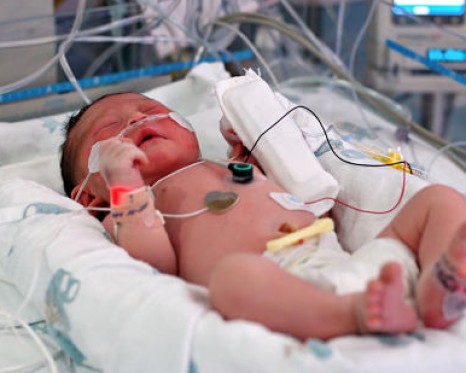RSV or respiratory syncytial virus is a common viral disease with symptoms akin to common colds or flu in older kids and adults. It is normally experienced during the cold moths of the year from early fall to late spring. Most children can recover within two weeks of having RSV.
Nevertheless, when we are talking about viruses, the most vulnerable is the baby group, particularly the premature ones. For them, RSV can be serious or life-threatening. While most people or kids recover in two-week period, premature babies or infants having lung or heart conditions can acquire serious lung infections requiring the attention of medical professionals in the hospital.

Symptoms of RSV
Symptoms normally develop within 4-6 days of becoming infected with the virus. They include the following and should you place a check mark on most of them, contact your child’s doctor immediately.
- sneezing,coughing, wheezing and fast or labored breathing
- bluish coloring of fingernails and most especially of the mouth
- fever that could be higher than 104⁰F in babies aged 3 months and below
- gasping for breath
- caved-in chest when breathing
- flaring of nostrils while breathing
Prevention
Primarily, RSV transmission can be prevented through frequent hand washing. Of course, as parents before cradling or getting in touch with your baby, you should know that your hands need to be clean and germ-free. You should also try to educate your friends and loved ones with the importance of hand-washing. Other prevention steps that must be observed are the following:
- Avoid crowds of people, sick people and—if possible—young children who can be carriers of the virus.
- Do not also allow other people to hold your baby without washing their hands first.
- Do not let anyone smoke near your baby or inside your home and car
- Wash the baby’s clothes, beddings and toys to minimize the risk of contracting RSV.
